Robert Cox’s landmark article, “Social Forces, States and World Orders: Beyond International Rela…
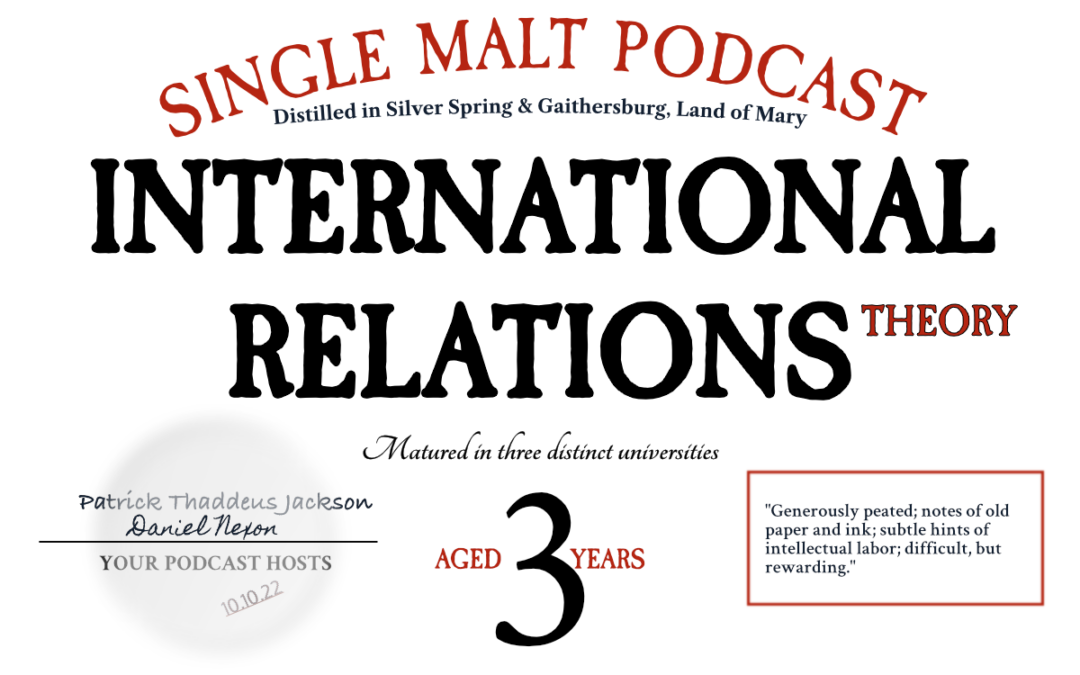

Robert Cox’s landmark article, “Social Forces, States and World Orders: Beyond International Rela…
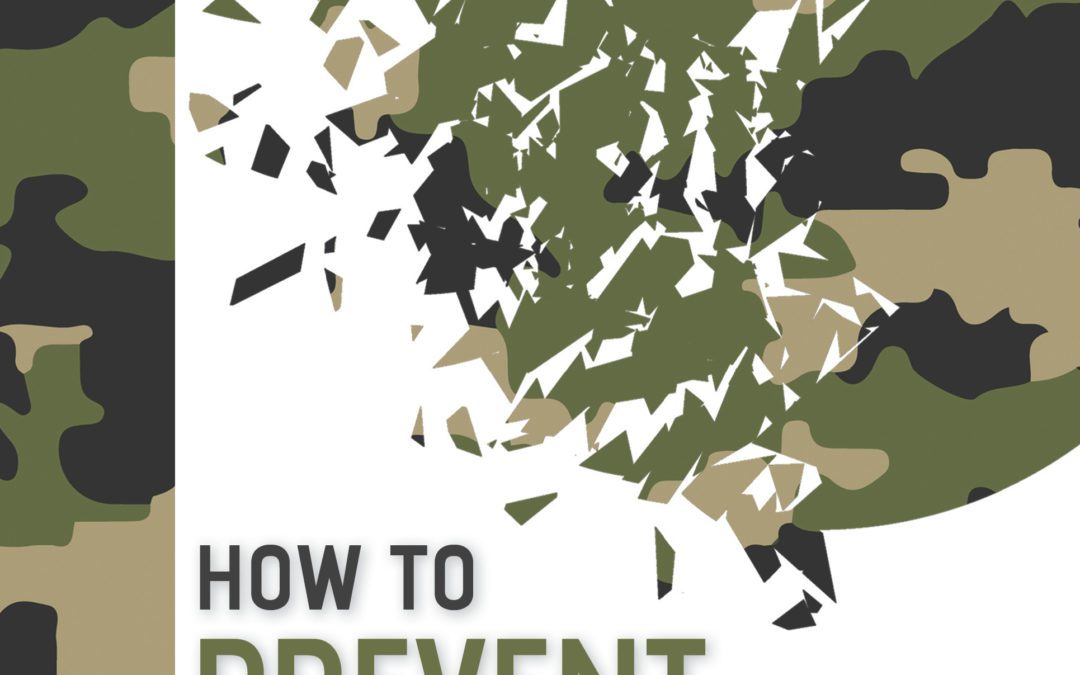
Coup d’états are less likely to succeed against rulers who “counterbalance” their militaries with presidential guards, militarized police, and other security forces outside of military command. But there may be downsides.

Academics depend on slow processes subject to unfortunate slowdowns. And, unfortunately, academic timelines can make or break careers.
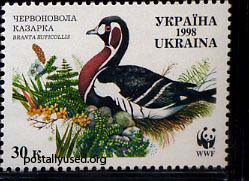
According to a recent tweet, which I am not going to link to, "CRT" led to "multiple civil wars and transnational conflicts by the 1990s" in the Soviet Union. The simple answer is no, but let me...
This is a life or death election for women and girls all over the world. True, many precious human rights and civil rights are on the line. Those rights--and the lives they protect--matter deeply and urgently. I chose the title of this essay to honor the Black Lives Movement and the civil rights...
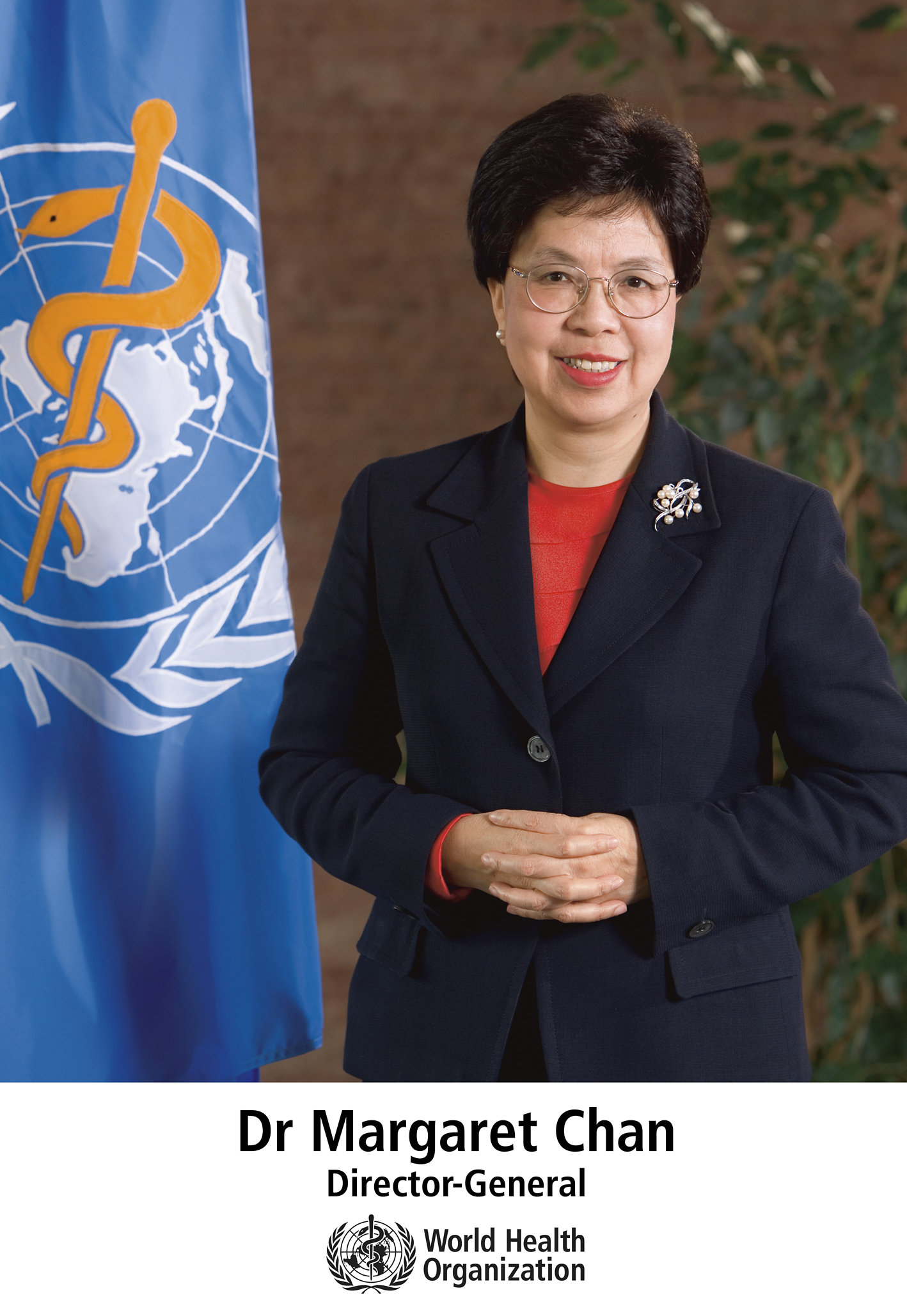
It should come as no surprise to anyone that a political scientist like me gets really excited about elections and campaigns, and we’re currently in the thick of a doozy of a campaign season. Candidates have splashy websites and brochures, and they regularly meet with voters to pitch their...
Thanks to the Duck editorial board for having me join to guest blog for the next six months. I'm looking forward to being part of the conversation here. I bring experience working with the Senate on humanitarian and national security issues, with non-profits on detainee treatment and disaster...

While the election of Antonio Guterres as the UN’s new Secretary-General was hailed by many, it has sparked renewed debate about gender issues in the United Nations system. While Guterres has a distinguished resume—including time spent as the Prime Minister of Portugal and as the UN High...
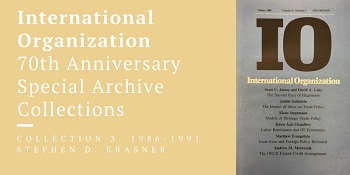
To commemorate the 70th anniversary of International Organization, the editorial team asked former editors of the journal to reflect on their time overseeing the journal as well as on the most significant articles published during their tenure. I recently read Stephen Krasner’s reflection and was...
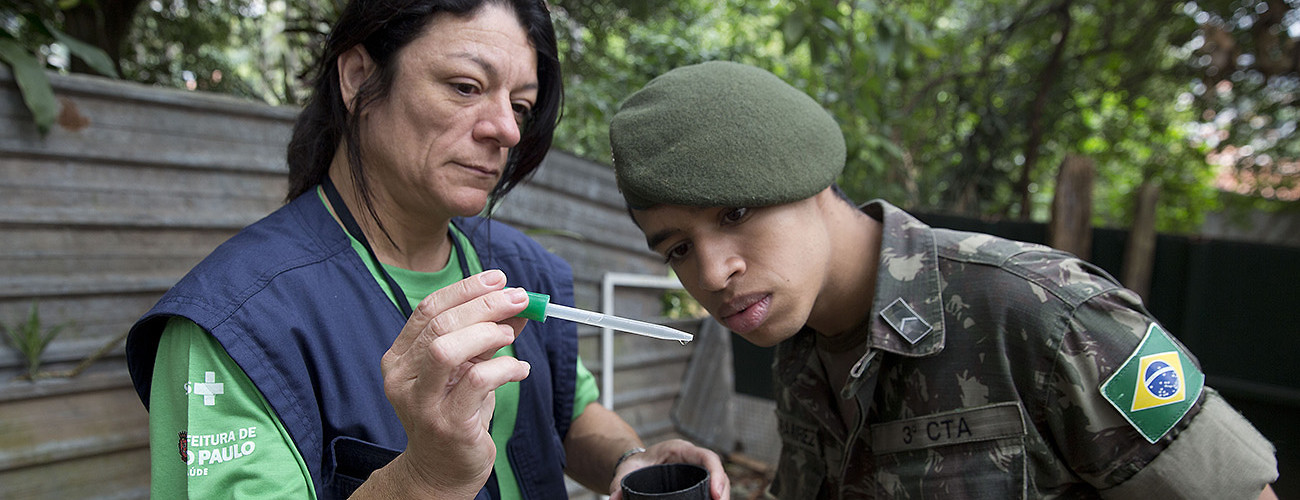
Why don’t government officials respond to global health emergencies the same way that they respond to national security crises? This is the question Congresswoman Rosa DeLauro (D-CT) raised last week. She was speaking at the public launch of a new report by the Brenthurst Foundation on...
This is a guest post by Justin Schon, a PhD Candidate in the Department of Political Science at Indiana University Bloomington. He studies information diffusion within conflict zones, as well as how civilians make decisions regarding their migration during conflict, and has conducted fieldwork...
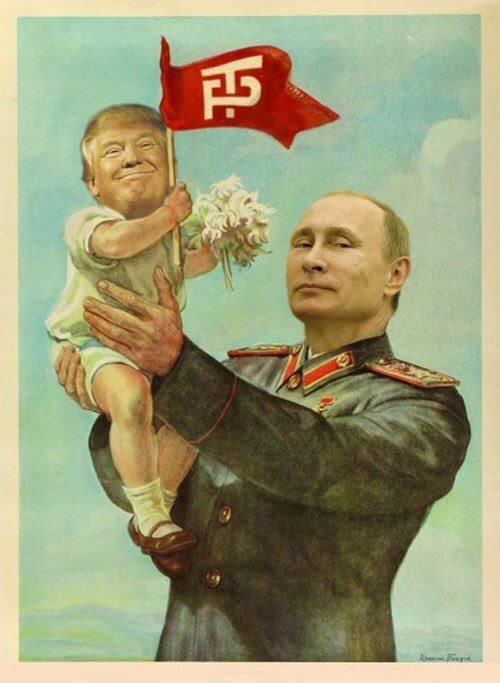
We’re not so different, you and I. We both dislike Hillary. It doesn’t really matter that she was among key players in the Russian reset policy back in 2009, we really don’t trust her – just like you! We also like a strong leader. Our leader is much better at doing business than yours though. You...
We're happy to announce some new guest Ducks, some old guests staying on, and additions to our permanent contributors. In reverse order, Jarrod Hayes and Heather Roff-Perkins have joined us as permanent contributors. They have brought keen insights on a range of topics so we're happy they have...
The following is a guest post by Nives Dolšak, Professor, School of Marine and Environmental Affairs at the University of Washington, Seattle, and Aseem Prakash, Professor, Department of Political Science and Walker Family Professor for the College of Arts and Sciences at the University of...

In previous posts on the environment and health, I highlighted lacunae in the field, which I attributed in part to there being few courses in those substantive areas. By providing a few exemplar syllabi, I thought more of us might find it easier to offer courses on those topics. At the very least,...
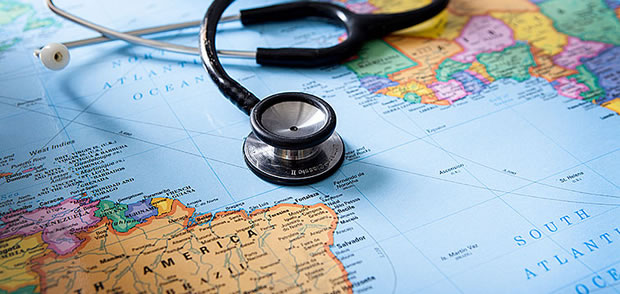
So, I noted in a post a few weeks ago during APSA that I thought the discipline doesn't pay enough attention to global environmental politics. Part of this is a function of training. I didn't have a global environmental politics course to take during graduate school, but I teach one now. I posted...